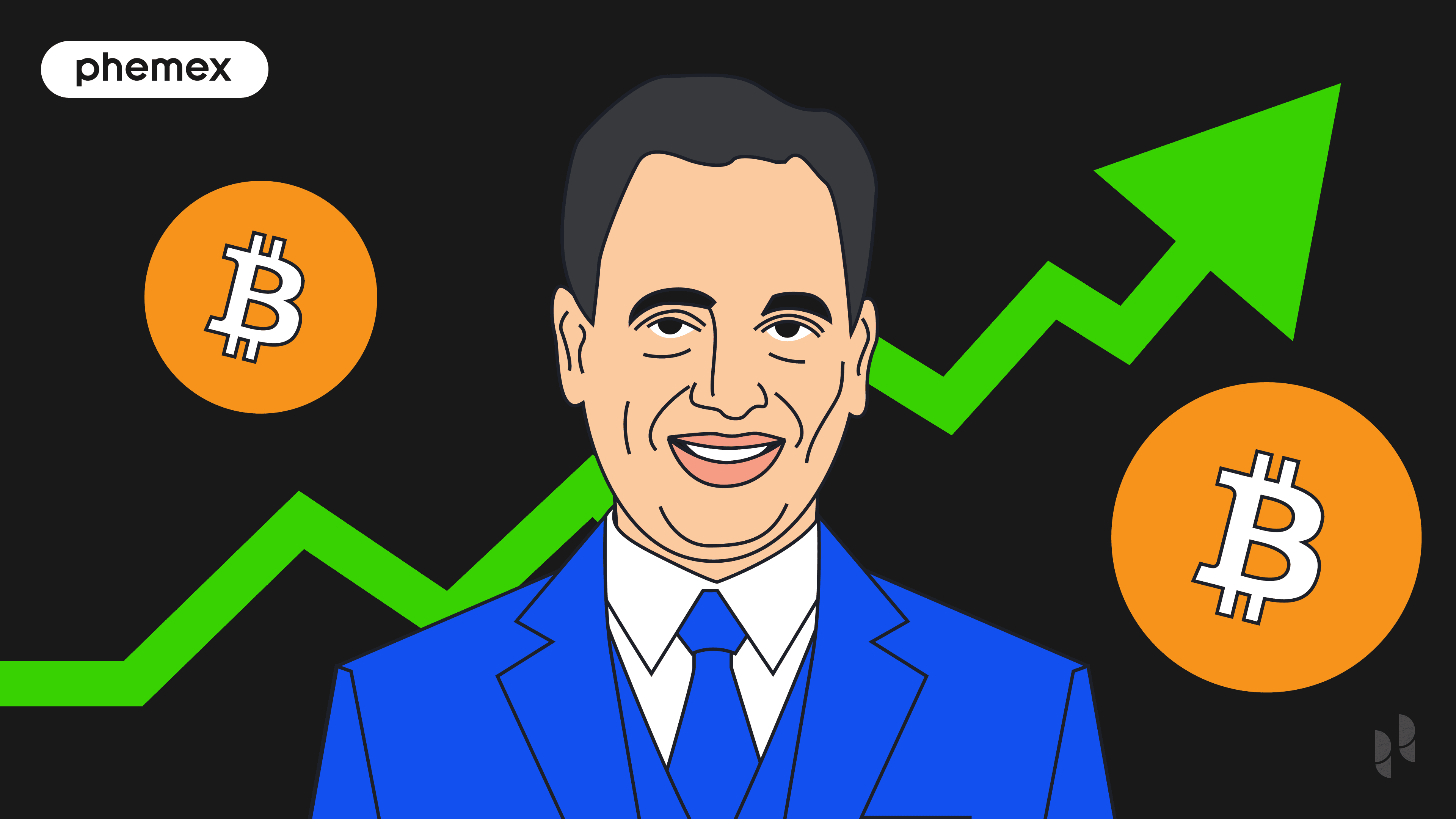
Although crypto assets have been in existence for more than ten years, efforts to regulate them have recently risen to the forefront of the legislative agenda. This is partially due to the fact that cryptocurrency assets have transitioned from niche assets to becoming more widely used as investment options. They also present different use cases such as hedges against weak fiat currency inflation, and as prospective payment methods.
A Short History
After the creation of Bitcoin, no government showed much concern about the need to regulate cryptocurrencies for several years. This may be the reason why the crypto industry is frequently referred to as the «Wild West.» Cryptocurrencies «do not have legal tender status in any jurisdiction,» according to the US Financial Crimes Enforcement Network in 2013. Despite a number of thefts and hacks against cryptocurrency exchanges, including the major 850,000 BTC heist from Mt. Gox which led to Japan becoming the first nation to establish legislation in 2016, most countries did not implement clear regulation for crypto.
Over the past few years, there has been a significant rise in the regulatory emphasis on digital assets, and this trend will continue. Market capitalization rose quickly and saw high volatility as a result of the increase in retail and institutional adoption. Following a number of high-profile crypto business bankruptcies, fraud, scams, and misuse of user cash, there is a loss of consumer trust. As a result, regulators are now very sharply focused. The rapid expansion of the cryptocurrency asset class has seen it become more intertwined with the conventional financial system, and therefore also has a growing impact on the stability of traditional finance. In order to assure improved consumer protection, swift and thorough global regulatory policy may be needed. The rapid pace of innovation and lack of attention to risk management increase the possibility of potential systematic risks.
Crypto Regulation: Is it possible for a global approach?
Although the crypto market is undoubtedly global, each country approaches it differently. Asia and the United States are leading the way, but Europe is catching up—at least in terms of laws. At one end of the spectrum, some authorities have made it illegal for citizens to issue or possess crypto assets, engage in transactions with them, or utilize them for specific tasks like payments. On the other hand, some nations are considerably more hospitable and have even attempted to attract businesses to create markets for these digital assets. Considering the chaotic situation, some experts are calling for a global regulatory framework for the crypto industry, but is it possible?
Currently, definitions, taxonomies, and even classifications are not universally accepted in the crypto-sphere, and these issues are still being resolved as the blockchain technology continues to evolve. National regulators have been discussing and defining crypto-assets for far too long while symbolically speaking in separate languages. Comparing regulatory systems around the world reveals different licensing and registration requirements as well as inconsistent key term definitions and classifications. Considering the international scope of crypto-asset operations, it is difficult to manage the ecosystem without a shared minimal understanding.
More laws and regulations for crypto are expected in the future. Even though nearly all countries have by this point at least released pronouncements on how cryptocurrencies are regulated, whether in terms of funding, taxes, or exchanges, the industry still lacks uniformity and transparency that would place all participants on an equal footing. While some countries have created specific laws for cryptocurrencies, others are working to mold them to comply with current laws. Stricter crypto regulation could increase security and prevent money laundering and crypto-fraud, yet any extreme attempts to completely control the market could result in an exodus of investment capital and a decline of that country’s crypto industry. It’s a conundrum that regulators must find balance in, and the time is ticking.







